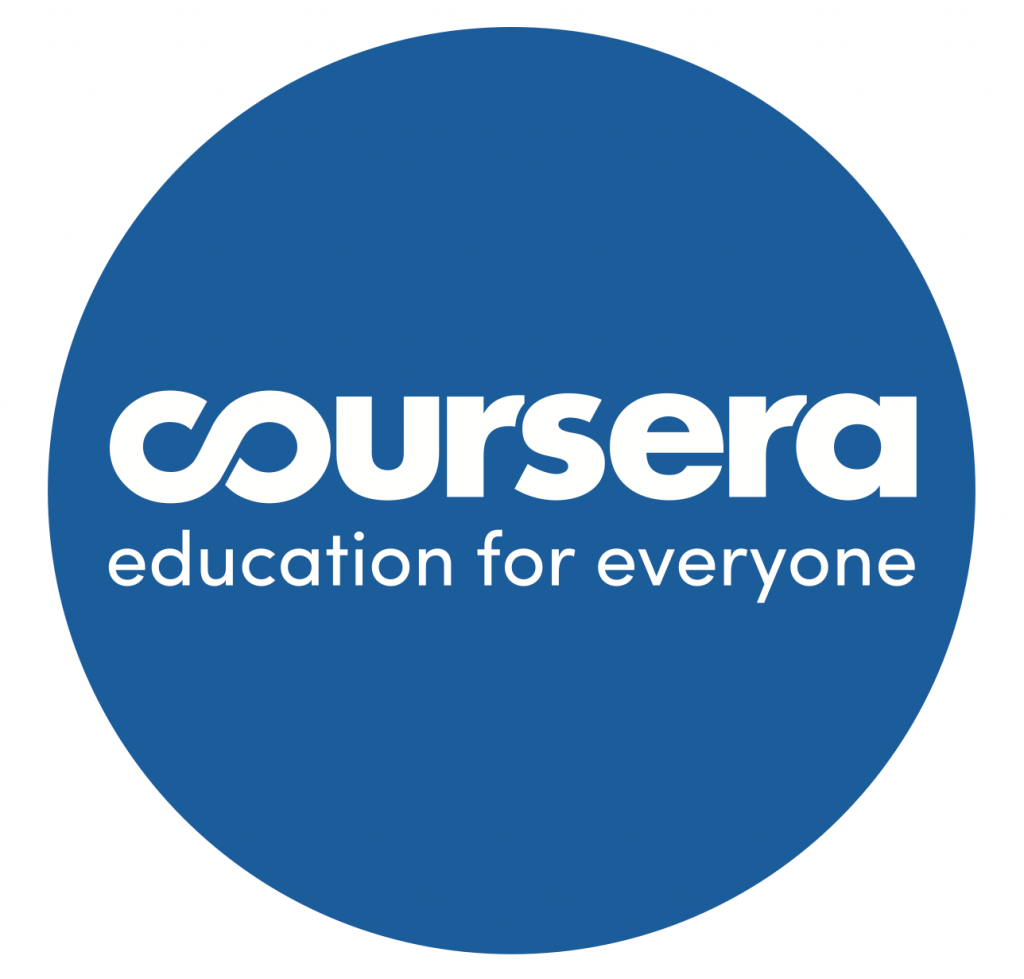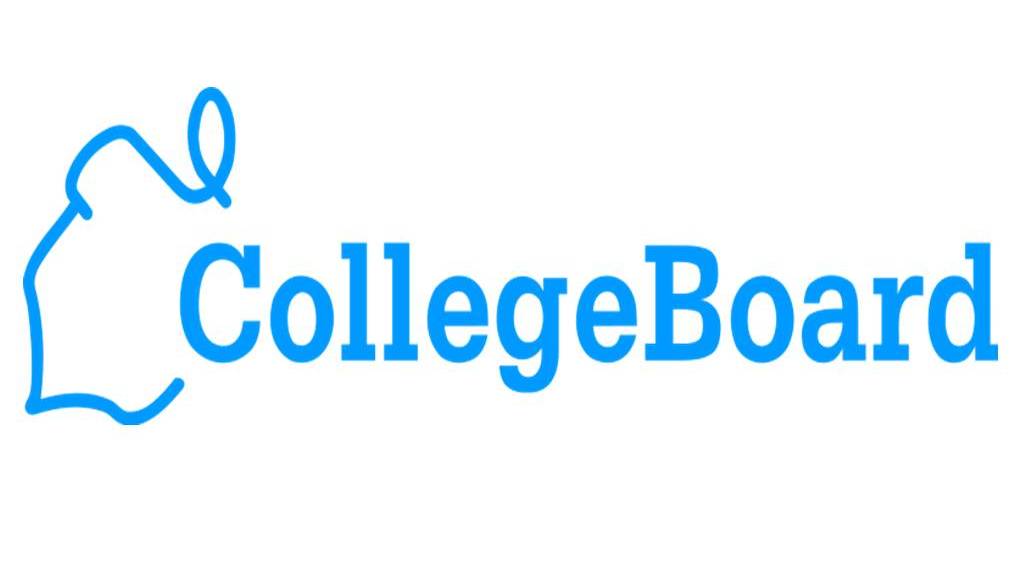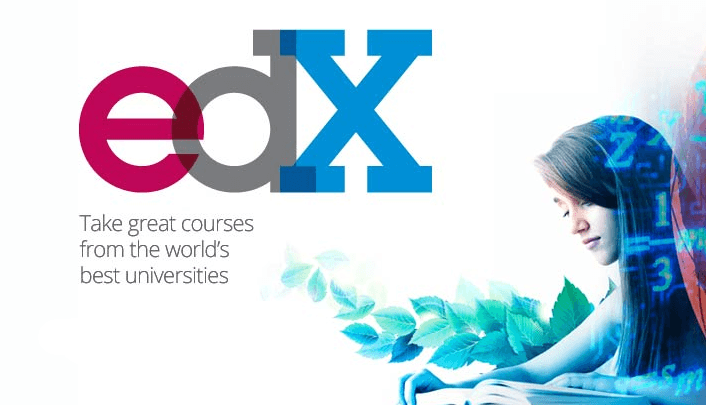Reflections on taking a gap year
New York Times readers who’ve taken a year off from their education, what many now call a gap year, were asked what they learned and what tips they have for those who are considering the same. Some of the responses included in this Education Life article were edited for length and clarity, and I’m posting some below. I do not think a gap year is right for everyone, but students who it is right for know how to conceptualize the time, outline their goals for it, plan it (for the most part) themselves, and have indicated a way to measure their success. Gap years are not years off. In fact, they are very much the opposite. Here’s what some gap-year-takers had to say about it:
By taking a gap year, you are making the brave decision to slow down. I deferred my admission to Claremont McKenna College for a year. I made a few plans, but ultimately left my gap year full of gaps. I worked as a salesperson. I took a class at a community college. I road-tripped with my best friend. The one thing I scheduled was a three-month-long trip to the South Pacific, a gift from my parents that I combined with some of the money I made in the fall.
For my gap year I lived with my parents and siblings. I worked a variety of jobs: for a land surveyor, nights at a convenience store and as an inventory checker. I hated them all, but they got me out of the house and put some money in my pocket. I felt lost. My friends were gone and I didn’t fit in with my family dynamic. The highlights of my months were my military service weekends. I made close connections with my fellow soldiers and looked forward to the challenges and camaraderie of our training time. Recognize that the gap year is a time of transition. When you feel alone and like your life is stuck while your friends are away on their own adventures, remember you are experiencing a challenge few accept. You will learn more about yourself during your gap year than most of your friends will learn during their first year of college. In addition, you’ll develop skills that will serve you in life: resilience, self-reliance, courage and patience. Your gap year will be the furnace that will temper your steely resolve to achieve when you arrive at college.
I decided a gap year would be the best choice for me because I felt exhausted after going through high school. Even though I come from a low-income family, there are programs like Global Citizen Year that provide scholarships for students of all backgrounds. (I paid $5,000 through outside scholarships and my own fund-raising.) Though there are many struggles at times with limited resources to take care of mental and physical health, the experience over all has been very meaningful. I am learning three languages here: French, Pulaar and Malinke. I even decided on what I want to study in college: linguistics. For work, I teach English at the local high school two days a week, and on the other days I work at my host family’s community garden. Since my host father works for the Peace Corps and Trees for the Future, I get to learn a lot about sustainability and foreign aid. Mostly, the trip is worthwhile because I got to meet my host family, who have guided me through Senegalese life as a Vietnamese kid who doesn’t know a lot about what he’s doing.
My experience with a gap year was not without its challenges. I went to northern Thailand, taught in a rural school and did community work with a monastery. The school, community and people were amazing. It was the other students in the gap year program that made it especially challenging. The majority of the people I was with picked Thailand so they could party. My weekends became party central, which was not what I signed up for. But all in all, I learned much more than I would in first-year university, about myself, rural education, public health and other cultures. I was forced out of my comfort zone on multiple occasions, and it served me well in the long run. I recommend doing your research. I fell for the company with the great promotional videos and website, and I paid for that, and my experience wasn’t as great, as far as gap years go.
If you are considering a gap year, we can help walk you through planning considerations. Feel free to reach out to us!
*Stay in the know! Subscribe for college admissions news, tips, and advice*





